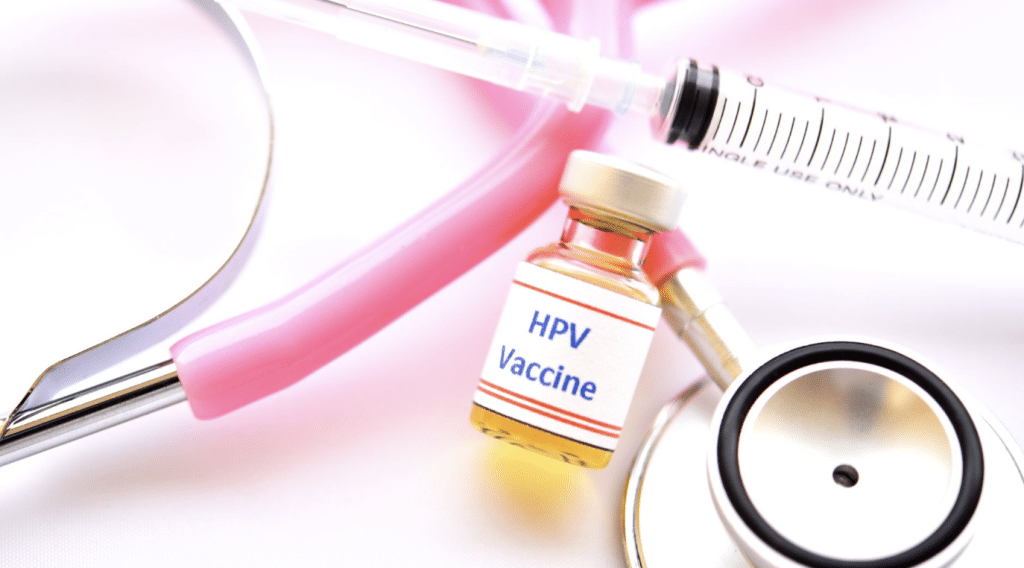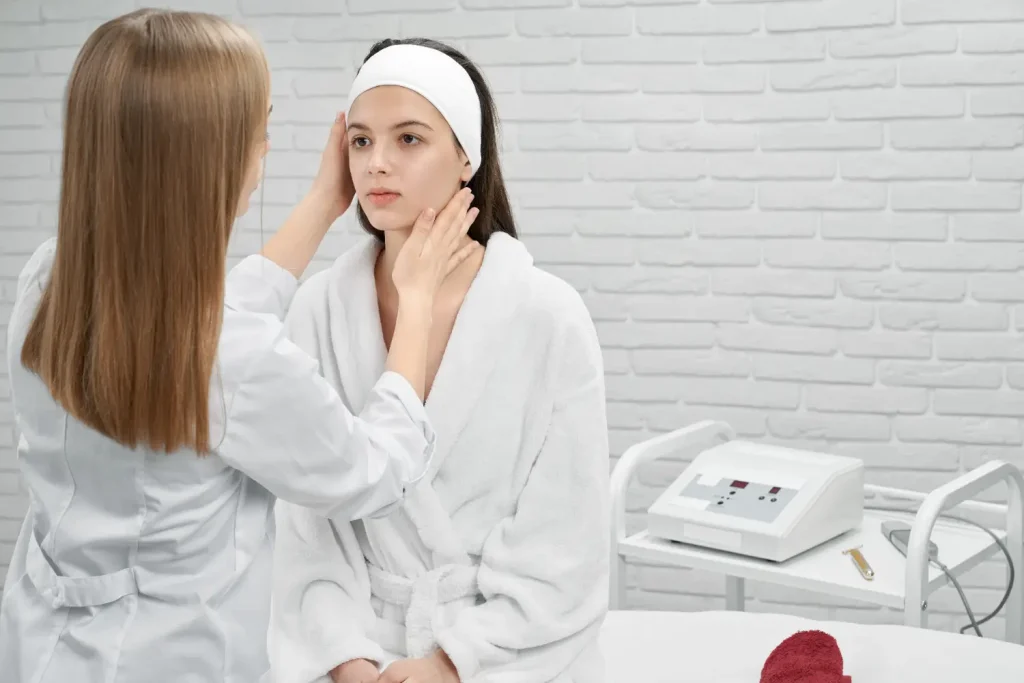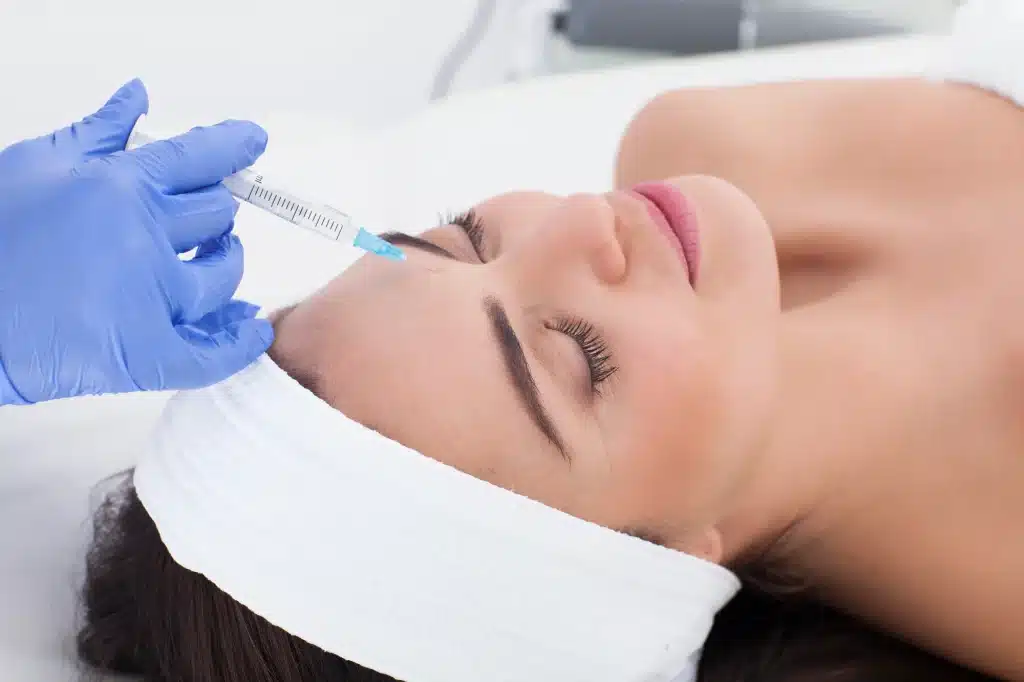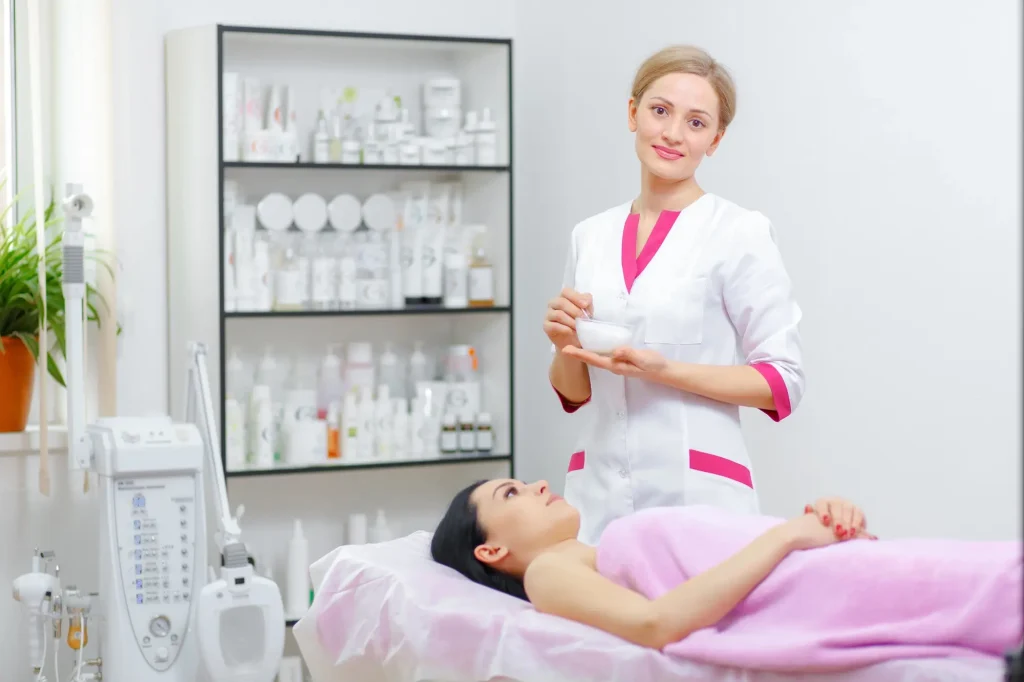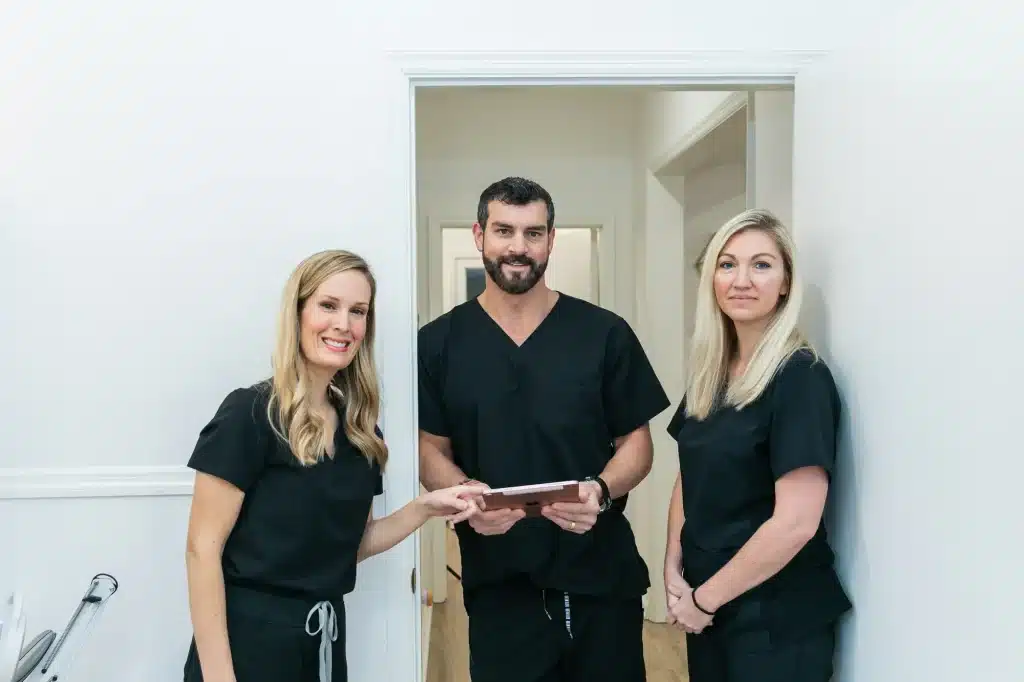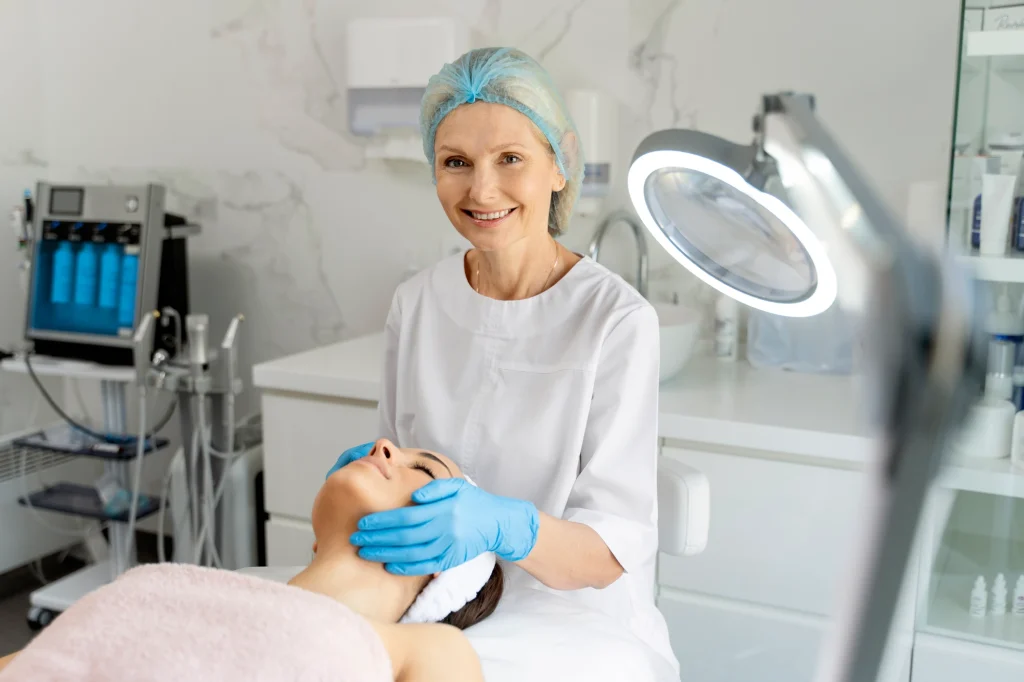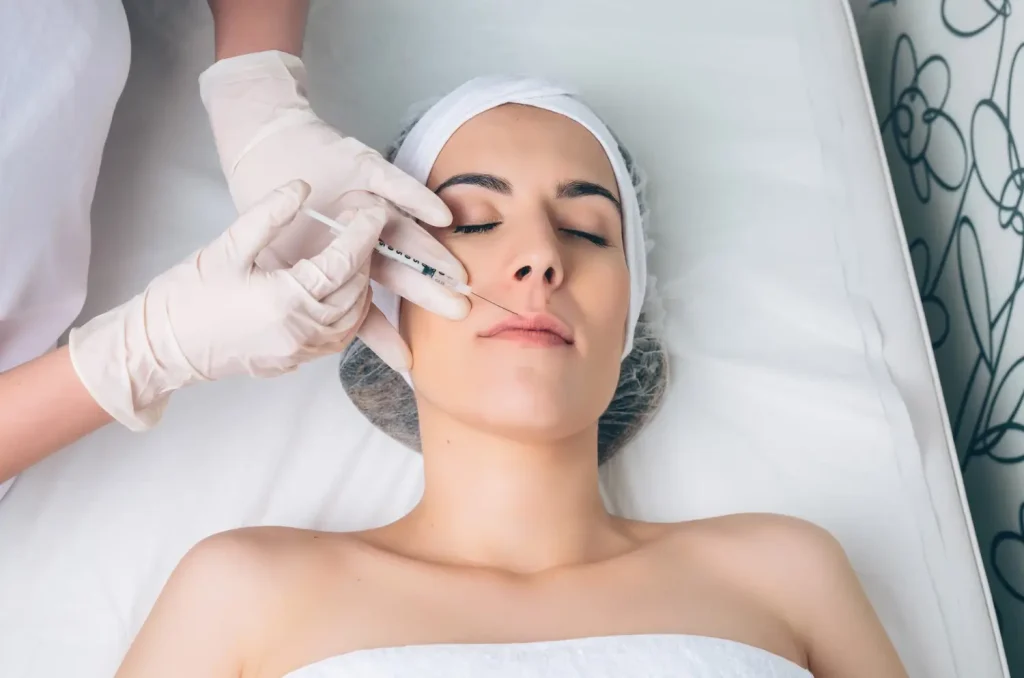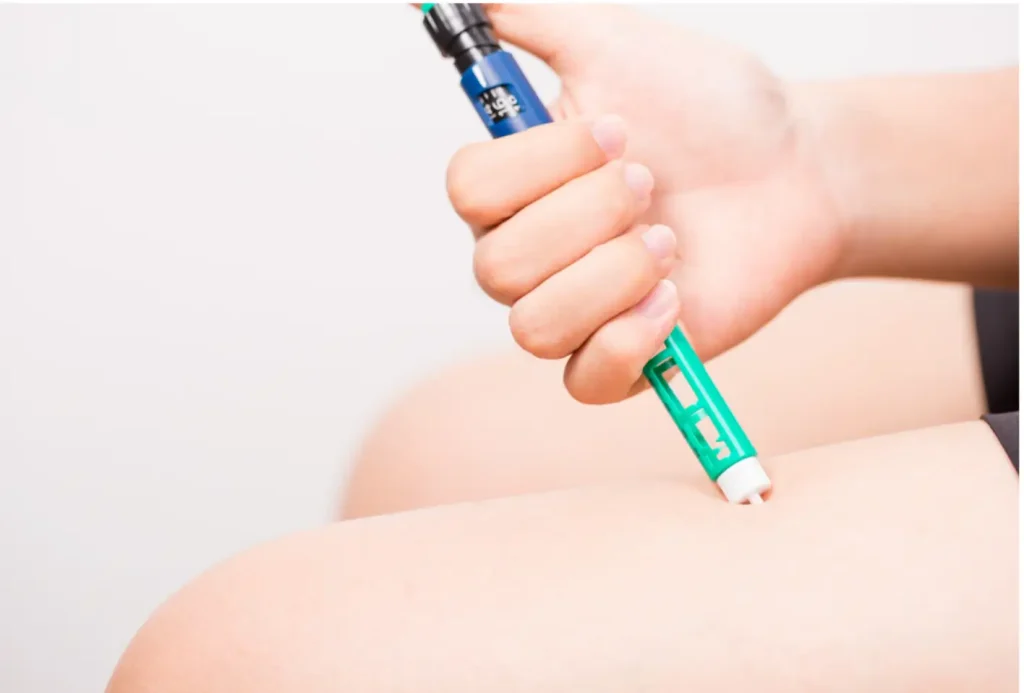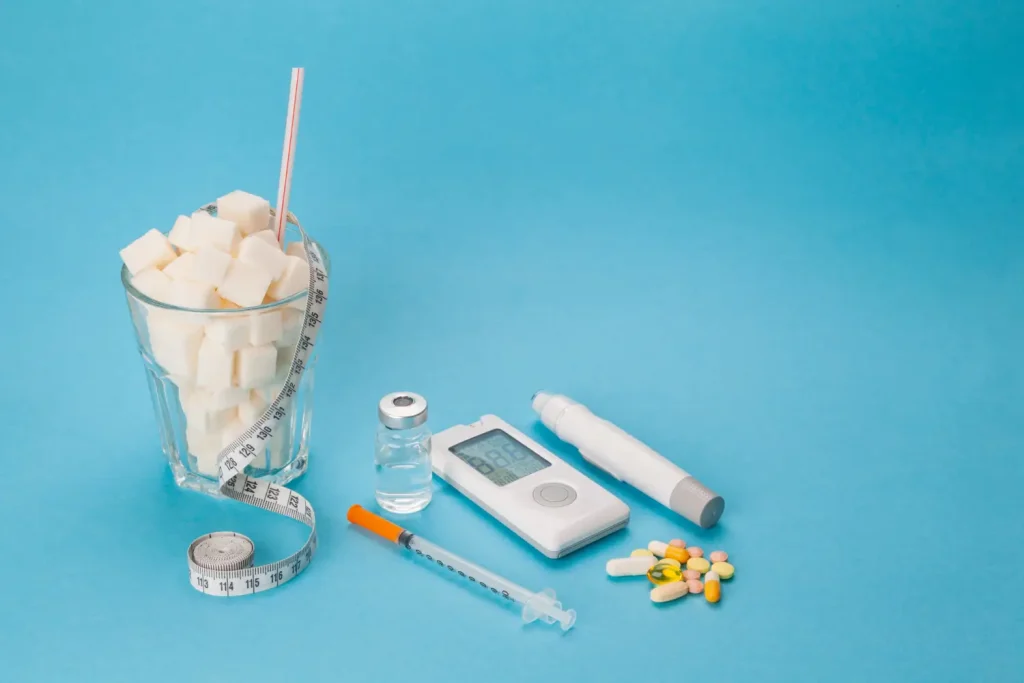According to the Centers for Disease Control and Prevention (CDC), human papillomavirus (HPV) vaccines like Gardasil can prevent over 90% of HPV-related cancers. This significant reduction in cancer risk underscores the importance of following recommended vaccination schedules.
Gardasil is a widely used HPV vaccine designed to protect against the most harmful strains of the virus. Its effectiveness is directly linked to adhering to the proper schedule and dosage, ensuring maximum protection against HPV-related diseases.
In this article, we’ll explore the recommended Gardasil schedule and dosage while highlighting the importance of timely vaccination for optimal prevention.
Key Takeaways
- Gardasil 9 vaccine is highly effective in preventing over 90% of HPV-related cancers.
- Children aged 9-14 typically receive the vaccine in a two-dose series, while individuals aged 15-45 require a three-dose series for complete protection.
- Adhering to the recommended vaccination schedule is crucial to maximize the vaccine’s effectiveness and ensure long-term protection against HPV-related diseases.
- Timely completion of the vaccine series reduces the risk of incomplete immunity and minimizes the chance of HPV infections and related health issues.
About: Medical Spa RX provides medical practices with premium products at the best prices. If you’re looking to buy Gardasil for your practice, the sales representatives at Medical Spa RX can give you guidance.
Gardasil Dosage and Schedule for Different Age Groups

For children aged 9-14, the Gardasil 9 vaccine is typically administered in a two-dose series.
- The first dose can be given anytime between ages 9 and 14, with most doctors recommending vaccination at ages 11 or 12.
- The second dose should be administered 6-12 months after the first.
- If the second dose is given earlier than 5 months after the first, a third dose will be necessary for full protection.
For individuals aged 15-45, the Gardasil 9 vaccine requires three doses for complete protection. The first dose can be given at any time within this age range, followed by a second dose 1-2 months later. The third dose is administered 6 months after the first. This schedule is designed to ensure optimal immune response and long-term protection against HPV-related diseases.
Two-Dose Schedule for Individuals Aged 9-14

HPV vaccination can begin as early as age 9, with the CDC recommending that individuals start the Gardasil series at ages 11 to 12. This early immunization is crucial for protecting preteens and teens from HPV-related diseases.
For children aged 9 to 14, the standard two-dose schedule is typically recommended. The first dose can be given anytime within this age range, providing a solid foundation for immunity. The second dose should follow 6 to 12 months after the first. However, if the second dose is administered earlier than 5 months after the first, a third dose will be needed to ensure complete protection.
Completing the two-dose series is vital for maximizing the vaccine’s effectiveness in preventing HPV-related cancers and other diseases. Ensuring that both doses are administered within the recommended timeframe helps secure long-term immunity.
Three-Dose Schedule for Those Aged 15-45

For individuals aged 15 to 45, the Gardasil 9 vaccine is administered in a three-dose series to ensure optimal protection against HPV-related diseases.
- The first dose can be given at any time within this age range. It marks the beginning of the immunization process and is crucial for initiating protection.
- The second dose should be administered two months after the first dose. This timing is essential to build upon the initial immune response and enhance the vaccine’s effectiveness.
- The third dose is given six months after the first dose. This final dose completes the series and ensures long-term protection against HPV.
It’s important to adhere to this schedule to maximize the vaccine’s efficacy. If a Gardasil missed dose occurs, it’s crucial to consult with a healthcare provider to determine the best course of action to complete the series and ensure full protection.
Following the recommended three-dose schedule is vital for achieving the highest level of immunity and safeguarding against HPV-related health issues.
Adhering to the Recommended Schedule for Optimal Protection
Adhering to the recommended vaccination schedule is crucial for achieving optimal protection against HPV-related diseases. The timing of each dose is designed to maximize the immune response and ensure long-term efficacy.
Following the dosing regimen as prescribed offers several benefits. It ensures the immune system is adequately primed and boosted at the proper intervals, providing robust and sustained protection. Completing the series on schedule also reduces the risk of incomplete immunity, which can leave individuals vulnerable to HPV infections and related health issues.
Missing doses or not following the recommended schedule can have significant consequences. It may reduce vaccine effectiveness, leaving individuals less protected against HPV. If a dose is missed, it’s essential to consult a healthcare provider to determine the best way to get back on track and complete the series. This ensures that the vaccine’s full benefits are realized and individuals are fully protected.
Conclusion
Receiving the correct doses of Gardasil is essential for full protection against HPV-related cancers and diseases. The dosing schedule varies by age, with children aged 9-14 typically requiring two doses, while individuals aged 15-45 need three doses for optimal coverage. Adhering to the recommended schedule ensures the best possible defense against HPV.
If you’re starting or continuing the Gardasil series, consult your healthcare provider to stay on track and complete your vaccination on time for maximum protection.
FAQs
1. What is Gardasil, and what’s its purpose?
Gardasil is a vaccine that helps protect against certain types of human papillomavirus (HPV). It’s used to prevent diseases caused by HPV, like cervical cancer and genital warts.
2. How often should I take Gardasil?
Typically, the Gardasil schedule involves three doses. The second dose is given two months after the first, and the third dose six months after the initial shot.
3. Is there a specific dosage for each Gardasil shot?
Yes, each dose of the Gardasil vaccine contains 0.5 milliliters of liquid injected into your upper arm or thigh muscle.
4. Can anyone take Gardasil?
The vaccine is recommended for males and females aged 9 to 26 who have not yet been exposed to HPV. However, you should consult your healthcare provider before starting any new medication or vaccination.
References
Centers for Disease Control and Prevention. (2021). HPV vaccination schedule and effectiveness. https://www.cdc.gov/hpv/parents/vaccine/six-reasons.html
Gilca, V., Salmerón-Castro, J., Sauvageau, C., Ogilvie, G., Landry, M., Naus, M., & Lazcano-Ponce, E. (2018). Early use of the HPV 2-dose vaccination schedule: Leveraging evidence to support policy for accelerated impact. Vaccine, 36(32 Pt A), 4800–4805. https://doi.org/10.1016/j.vaccine.2018.02.004
Baisley, K., Kemp, T. J., Kreimer, A. R., Basu, P., Changalucha, J., Hildesheim, A., Porras, C., Whitworth, H., Herrero, R., Lacey, C. J., Schiller, J. T., Lucas, E., Mutani, P., Dillner, J., Indangasi, J., Muwonge, R., Hayes, R. J., Pinto, L. A., & Watson-Jones, D. (2022). Comparing one dose of HPV vaccine in girls aged 9-14 years in Tanzania (DoRIS) with one dose of HPV vaccine in historical cohorts: an immunobridging analysis of a randomised controlled trial. The Lancet. Global health, 10(10), e1485–e1493. https://doi.org/10.1016/S2214-109X(22)00306-0

